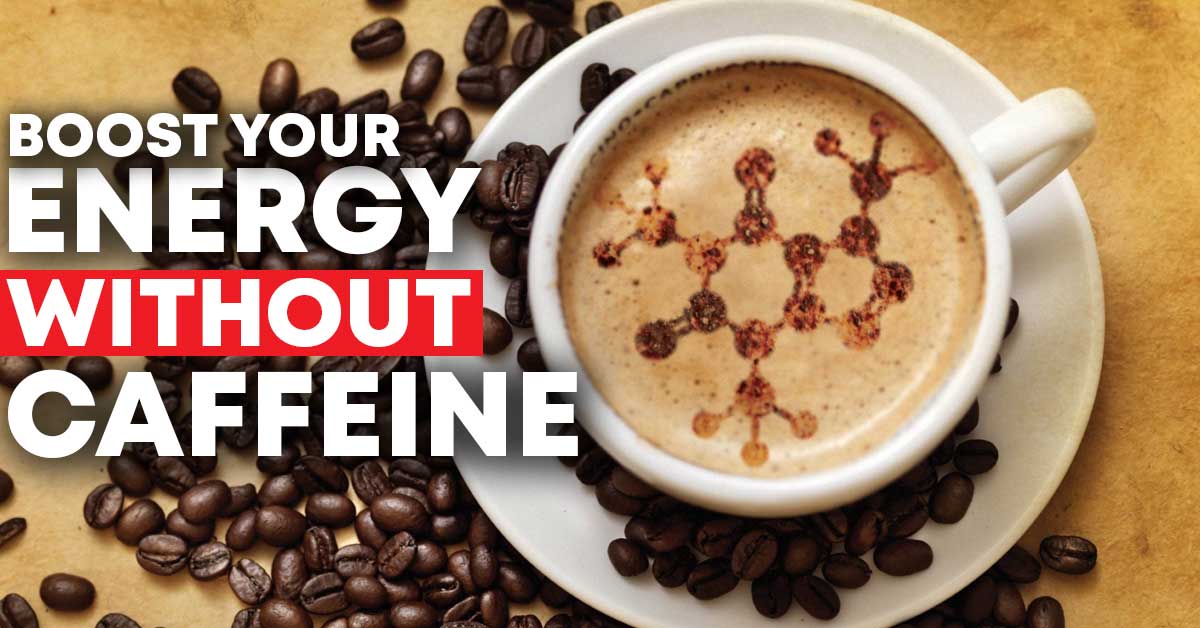An incredible 90% of American adults consume a caffeinated beverage each day to help them wake up and concentrate on the task at hand. While up to 400mg of caffeine per day is considered safe for most adults according to the Mayo Clinic, you still may discover benefits from reducing or eliminating your caffeine intake.
Additionally, parents should be cautioned from allowing their children to consume caffeine.
Caffeine is a natural stimulant that influences brain and central nervous system activity. It can commonly be found in tea and coffee plants but can prove toxic in a powder or liquid form due to how potent it is.
When is Caffeine a Cause for Concern?
Because caffeine can be addictive, you can become reliant on the boost it gives you, even if you are consuming a safe amount. This dependency can trigger headaches and drowsiness when you go without caffeine.
Take a check on how much coffee you are consuming each day. For reference, a 8oz cup of regular coffee contains about 100mg of caffeine.
Soda is loaded with sugar, which is another issue on its own. Reducing sugar intake can lead to a wide variety of benefits even beyond the possibility of weight loss.
Water to Wake You Up
There’s an old joke that you can dump cold water on someone to wake them up in a hurry. The same somewhat applies to drinking water. Your body can be a bit dehydrated when you wake up in the morning. By drinking a glass of cold water you can help your body hydrate, but also boost your energy levels.
Water increases the oxygen going to your brain as well as your red blood cell count. This boost, particularly to your brain, will help you get your day started.
Get More Sleep
The biggest reason we reach for caffeine products is because we are tired. By simply getting more sleep at night, you can reduce your fatigue and give yourself less of a reason to pick up caffeine.
If you struggle with falling asleep at night, consider your routine. Are you using electronics before bed? Are you eating or drinking within 2 hours of going to bed? These habits can create setbacks for falling asleep.
Adults should average 7 to 9 hours of sleep each night.
Check your B Vitamins
Meat, nuts, seeds, and certain fortified grains are great sources of vitamin B. If you are not regularly consuming any of those food categories you may need to talk to your provider about taking a vitamin B supplement.
Taking a vitamin B supplement will not boost your energy if you are already consuming an adequate amount of the vitamin. However, if you are deficient in vitamin B, then taking a supplement can make a difference.
Decaf Coffee, Tea, and Sparkling Water
If you want to continue enjoying your favorite beverages without the caffeine, options do exist. Decaf coffee of course shares many of the health benefits of regular coffee, just without the caffeine. The same options are available with decaffeinated tea.
Lastly, as a lower sugar and caffeine alternative to soda, sparkling water has become a popular choice now available in tons of flavors and brands.


